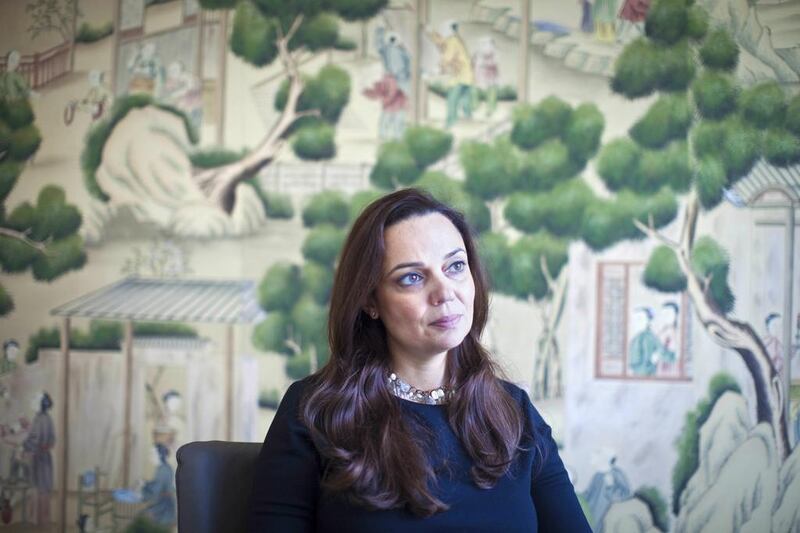Wealth can be as much a burden as a benefit for some families. Coutts Institute advises wealthy families on inheritance planning and family-run businesses on succession. The institute is a unit of Coutts, the UK-based private bank with operations in its domestic market, Switzerland, Hong Kong, Singapore, South East Asia and the Middle East. Here, Maya Prabhu, the managing director of Coutts Institute, reveals more about the work it does.
How important is the Middle East to Coutts’ business?
It is a very important part of the work we do, partly because there’s a very historic connection back to the UK. Many of the clients here have been educated in the UK, both in Sandhurst, school and university. They travel to London in the summer. Our ambition is to deliver them the sort of seamless service whether they’re here in the region or in London, their needs can be catered for. In the region we work with the local Arab families and the expat population.
What work do you do with wealthy families?
As a firm we want to help our clients achieve what they want from their wealth. What do clients want to achieve from their wealth? They want to grow part of it, they want to preserve part of it, they want to pass some on to their kids and they want to have a bit of fun. While a lot of banks focus on growing and preserving wealth, in terms of investment, safe, racy or otherwise, we take a view that we want to work across that spectrum by helping our clients think about the longevity of their wealth.
Coutts also does work with family businesses in the region. Can you please talk about that?
We work with families with an operating business to help them think about planning for the future. Where you have family owned businesses the key strengths are well known. Passion, commitment and long-term decision-making and long-term planning are all strengths. As they don’t have to respond to shareholders they can make quick decisions. But there are also challenges. If you have a business that is very rational and a family that is very emotional-based, making decisions together can sometimes be difficult.
In the Middle East and globally, only a few family businesses make it to the third generation. How can that trend be changed?
Whatever the statistic, the fact is that it’s very hard for businesses to pass down the generations. There are lots of risks to the succession of family businesses and the important thing is to put in place measures that minimise the risk. It’s quite hard for people within a family to do that so people like myself try to facilitate those discussions to ensure they are done in a safe manner and everyone has a voice.
How much evidence are you seeing of improved corporate governance among family businesses?
One of the trends we are seeing is that families are talking a lot more about governance. They’re talking about what basis the next generation can join the business – do they join a graduate programme – and, if so, how are they paid or do they get a dividend or a salary? They are starting to get a grip on this and really think about it. One of the driving forces is initial public offerings as if you want to buy shares in a listed company you do want to know what the governance is, who is on the board, how do they operate, how do they make decisions. If it all seems informal and fairly chaotic, the IPO might not be very successful.
Bill Gates, the world’s second- richest man, has said he will only leave a fraction of his wealth to his children. Do you see signs of wealthy families here doing the same?
Many families, particularly in the West, are really thinking twice about leaving their wealth to their children. Many families we talk to say they will pass on enough for their children to get a good education, buy a house and a car and an Armageddon fund, shall we say. But not so much, as Warren Buffett once said, that they can do nothing. I don’t believe that’s the case in the region here. Culture and philosophy makes a difference and many argue it is a duty of their parents to provide for their children.
tarnold@thenational.ae





